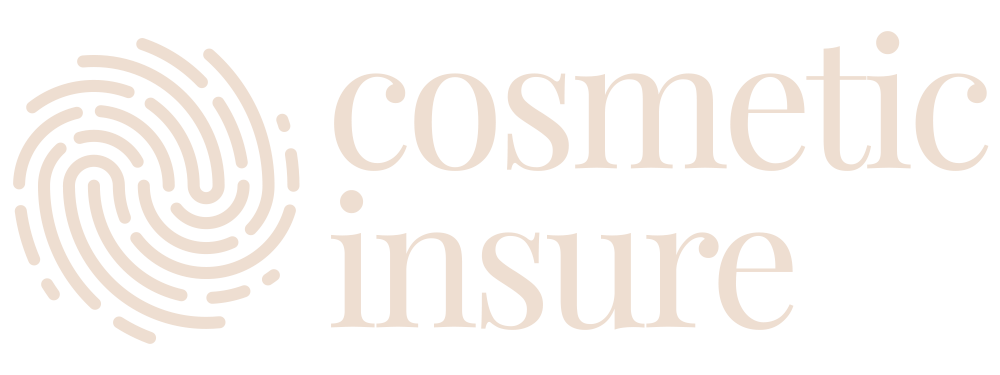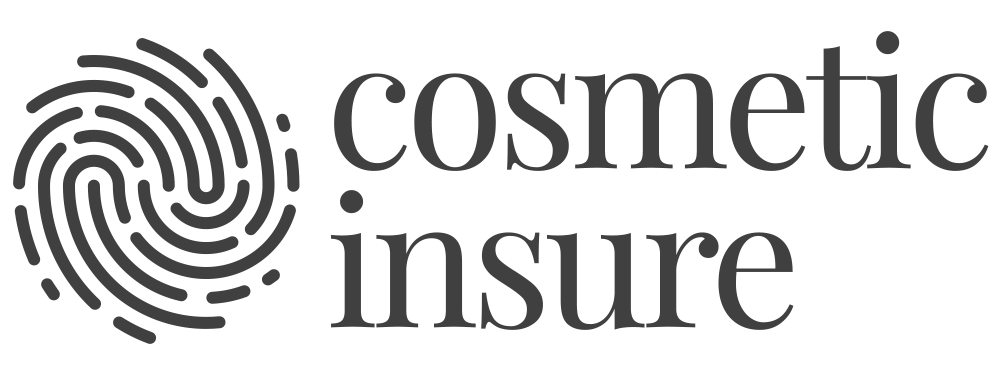EDUCATION
Consultation Process in Aesthetics: A Guide to Ensuring Patient Safety and Satisfaction
Beyond merely being a procedural requirement, obtaining informed consent from patients is a fundamental ethical principle and legal obligation.
In the realm of aesthetics, the importance of a meticulous consenting process cannot be overstated. Beyond merely being a procedural requirement, obtaining informed consent from patients is a fundamental ethical principle and legal obligation.
Failure to adhere to this process not only jeopardises the practitioner’s legal standing but also risks undermining patient trust and satisfaction.
Through comprehensive insurance coverage, Cosmetic Insure supports practitioners in upholding the highest standards of patient care and safety

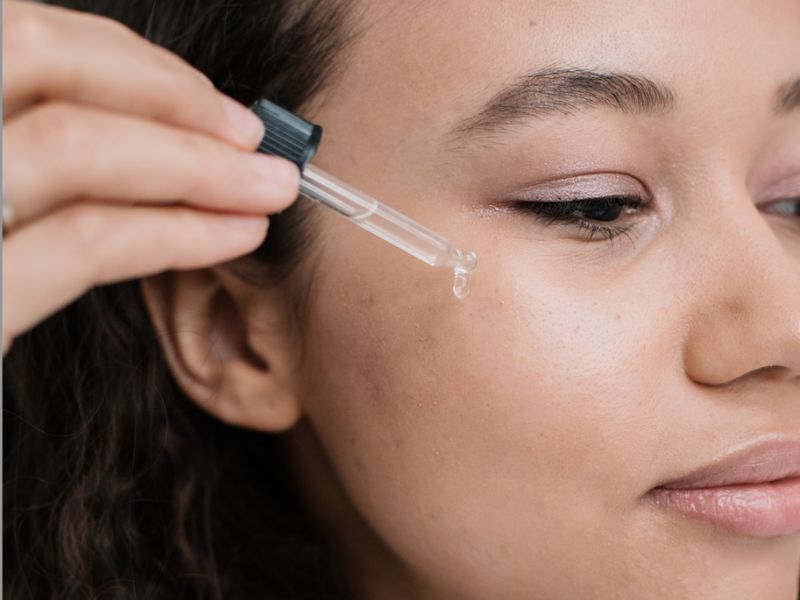

Principles of Consent
At its core, obtaining patient consent is about more than just securing a signature on a form. It is about ensuring that the patient fully comprehends the risks, benefits, and potential outcomes associated with the chosen procedure. This entails a comprehensive discussion wherein the practitioner communicates the nature of the treatment, potential risks involved (even if minor risks), alternative options, and expected results. This open dialogue establishes trust between the practitioner and the patient and reduces the likelihood of misunderstandings or dissatisfaction post-procedure. Without this clear and transparent communication, consent cannot be considered valid.
Tips For Gaining Consent
A structured approach to the consenting process is essential, particularly for significant procedures. Adopting a two-stage process, wherein the initial consultation focuses on educating the patient about the procedure and its implications, while the second stage involves obtaining formal consent, can be beneficial. Utilising clear language, visual aids such as diagrams or before-and-after photos, and encouraging patients to ask questions or express concerns are also integral to ensuring informed consent.
Documenting The Process
Thorough documentation serves as a crucial safeguard for both practitioners and patients. Detailed records of consultations, consent forms, any supplementary information provided to the patient, and photographic evidence (especially in surgical cases) are indispensable in the event of disputes or legal challenges.


Ultimately, the primary objective of the consultation process in aesthetics is to mitigate risks and safeguard the well-being of both patients and practitioners.
By meticulously adhering to best practices for consent and documentation, practitioners can uphold the highest standards of care and minimise the likelihood of adverse outcomes or legal repercussions.
Through our commitment at Cosmetic Insure to provide comprehensive coverage aligned with the highest standards of care, we ensure that practitioners can focus on delivering exceptional results while mitigating risks and ensuring long-term success in the world of aesthetics and cosmetics.
For all your queries and concerns regarding insurance coverage, remember that the expert team at Cosmetic Insure is here to support you. Whether you’re seeking guidance on policy options, need assistance with documentation, or have questions about coverage, our team is dedicated to providing personalised support tailored to your needs. Don’t hesitate to reach out to us today for peace of mind and comprehensive coverage that aligns with your practice’s goals and values.
Share This Story, Choose Your Platform!
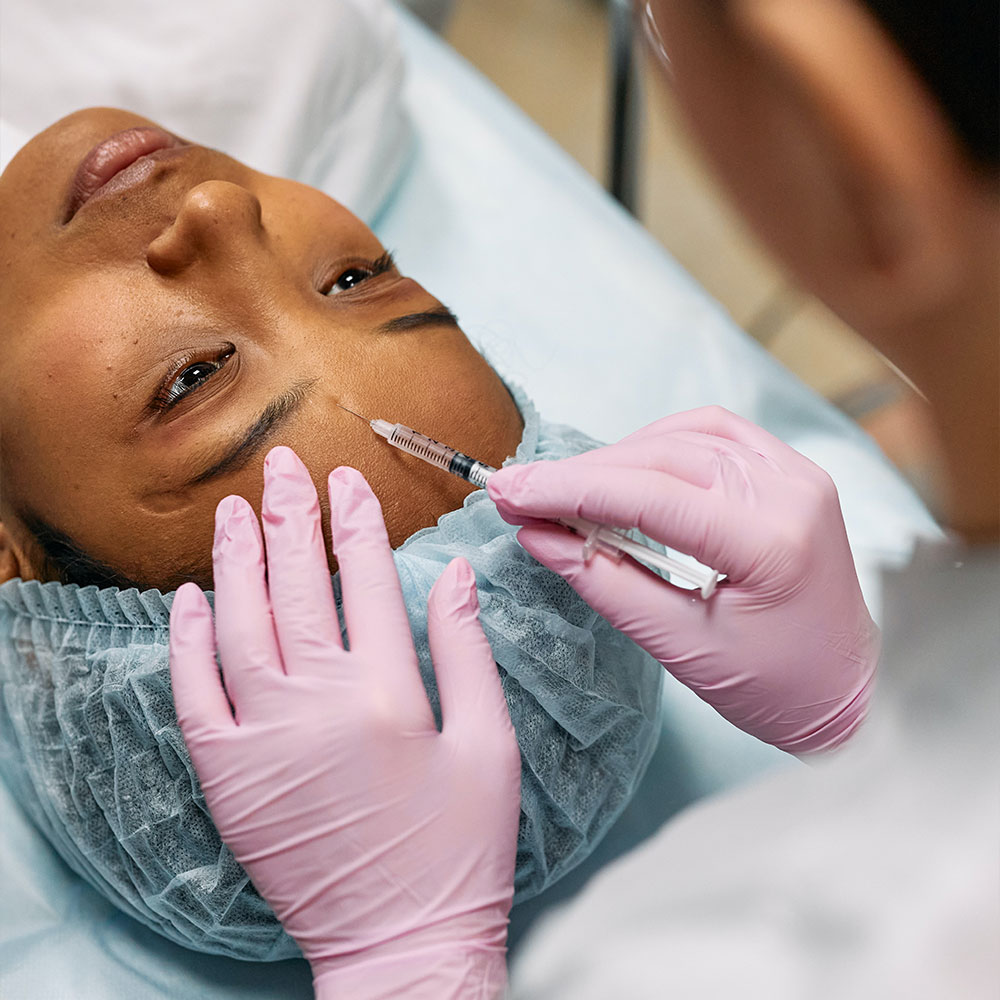



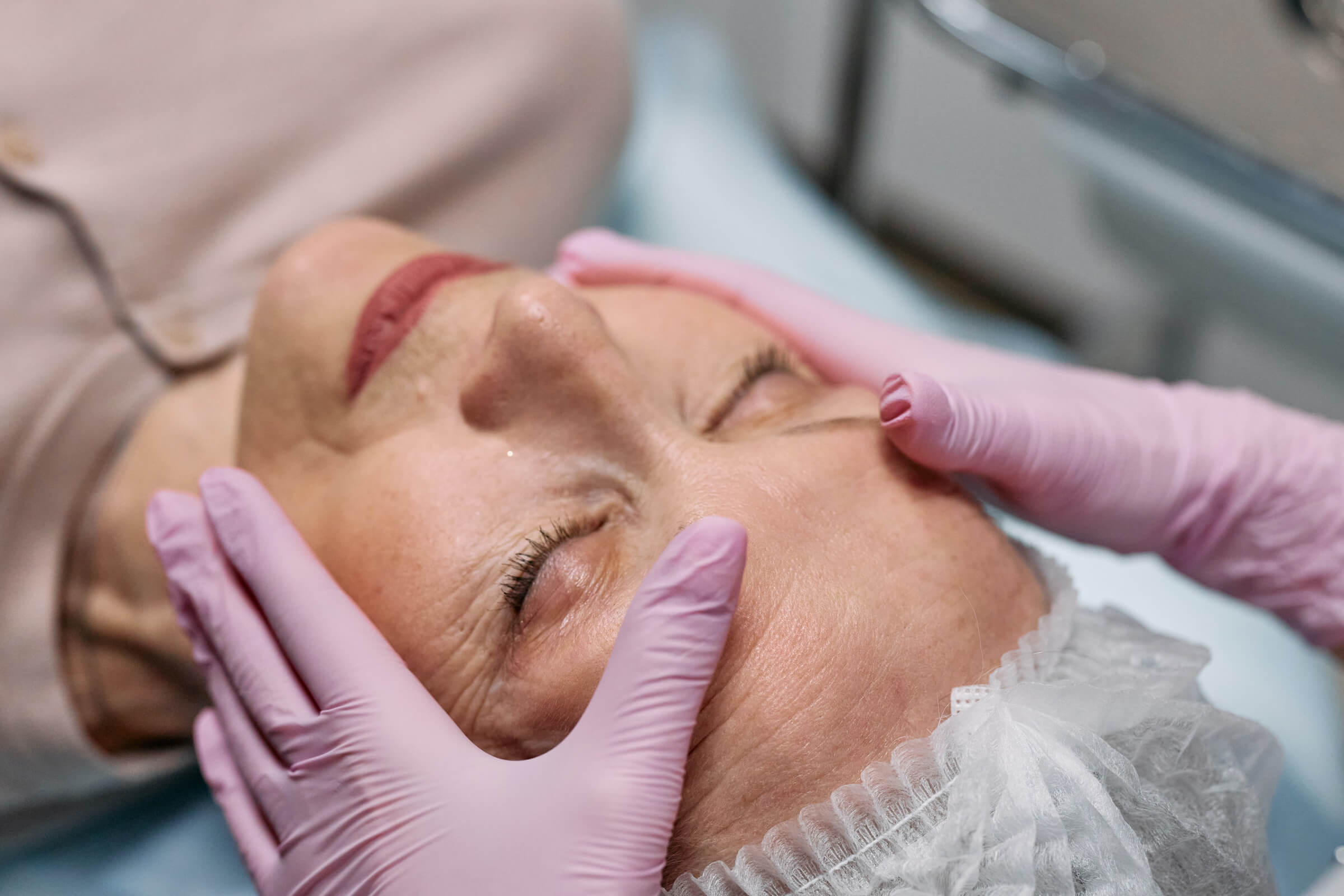
Cosmetic Insure Disclaimer
All the information provided in our Cosmetic Insure Treatment Guides and blog articles serves as a valuable reference and informational resource. Our intention is to offer insights that assist you in making informed choices when exploring the extensive array of non-surgical aesthetic treatments available.
Please note that this information does not constitute medical advice. Any reliance you place on the content found within the Cosmetic Insure Treatment Guides, Cosmetic Insure blog articles, or on any part of cosmeticinsure.com is done so entirely at your own discretion.
Prior to considering any non-surgical cosmetic treatment mentioned anywhere on cosmeticinsure.com, we strongly recommend that you engage in thorough consultation with a duly qualified and accredited practitioner who possesses the proper training and comprehensive insurance coverage for the specific treatment you are interested in. Neither the author of the guides or blog articles, nor the practitioner who has verified these guides, nor Cosmetic Insure, can be held responsible or liable for any loss or claims resulting from the use or misuse of cosmeticinsure.com’s content. Your safety and well-being are our utmost concern.

